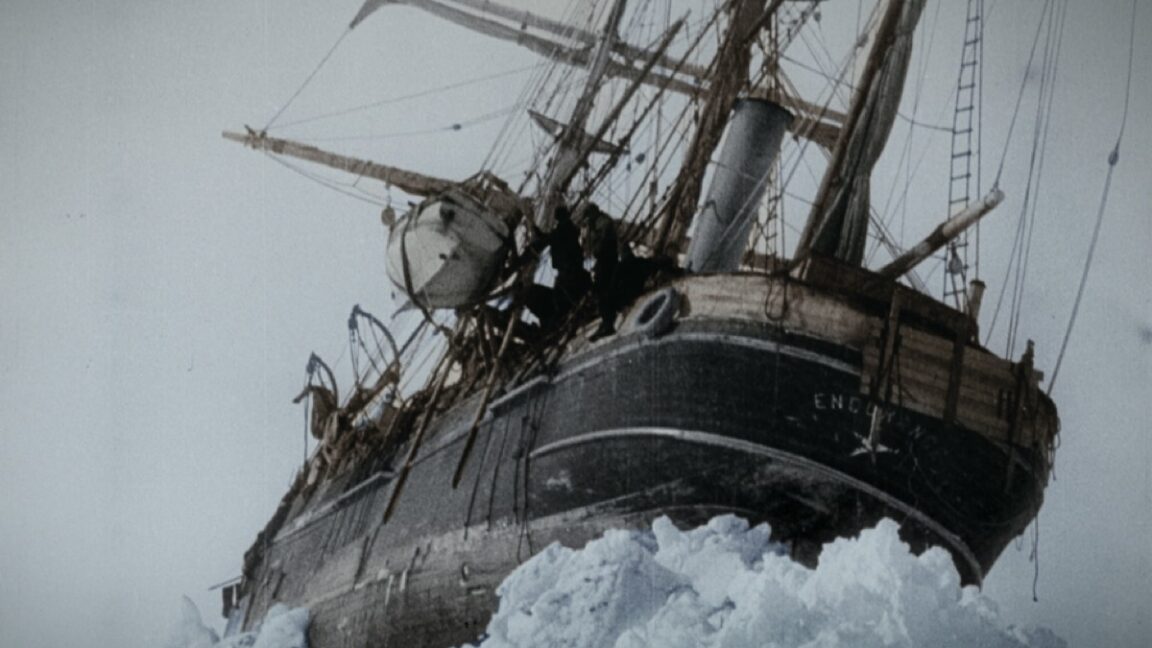
"However, a fresh analysis reveals that Endurance would have sunk even with an intact rudder; it was crushed by the cumulative compressive forces of the Arctic ice with no single cause for the sinking. Furthermore, the ship wasn't designed to withstand those forces and Shackleton was likely well aware of that fact, according to a new paper published in the journal Polar Record. Yet he chose to embark on the risky voyage anyway."
"He was among the scientists on the Endurance22 mission that discovered the Endurance shipwreck in 2022, documented in a 2024 National Geographic documentary. The ship was in pristine condition partly because of the lack of wood-eating microbes in those waters. In fact, the Endurance22 expedition's exploration director, Mensun Bound, told The New York Times at the time that the shipwreck was the finest example he's ever seen; Endurance was "in a brilliant state of preservation.""
"As previously reported, Endurance set sail from Plymouth on August 6, 1914, with Shackleton joining his crew in Buenos Aires, Argentina. By the time they reached the Weddell Sea in January 1915, accumulating pack ice and strong gales slowed progress to a crawl. Endurance became completely icebound on January 24, and by mid-February, Shackleton ordered the boilers to be shut o"
In 1915 Ernest Shackleton and his crew became stranded in the Antarctic after Endurance was trapped by pack ice and later sank in the Weddell Sea; the entire crew survived. Popular belief held that Endurance was the strongest polar ship of its time and that loss of the rudder caused the sinking. A fresh analysis shows the ship would have sunk even with an intact rudder because cumulative compressive forces of the pack ice crushed the hull with no single cause. The vessel was not designed for such forces and Shackleton likely understood the danger. The Endurance22 expedition found the wreck remarkably well preserved.
Read at Ars Technica
Unable to calculate read time
Collection
[
|
...
]